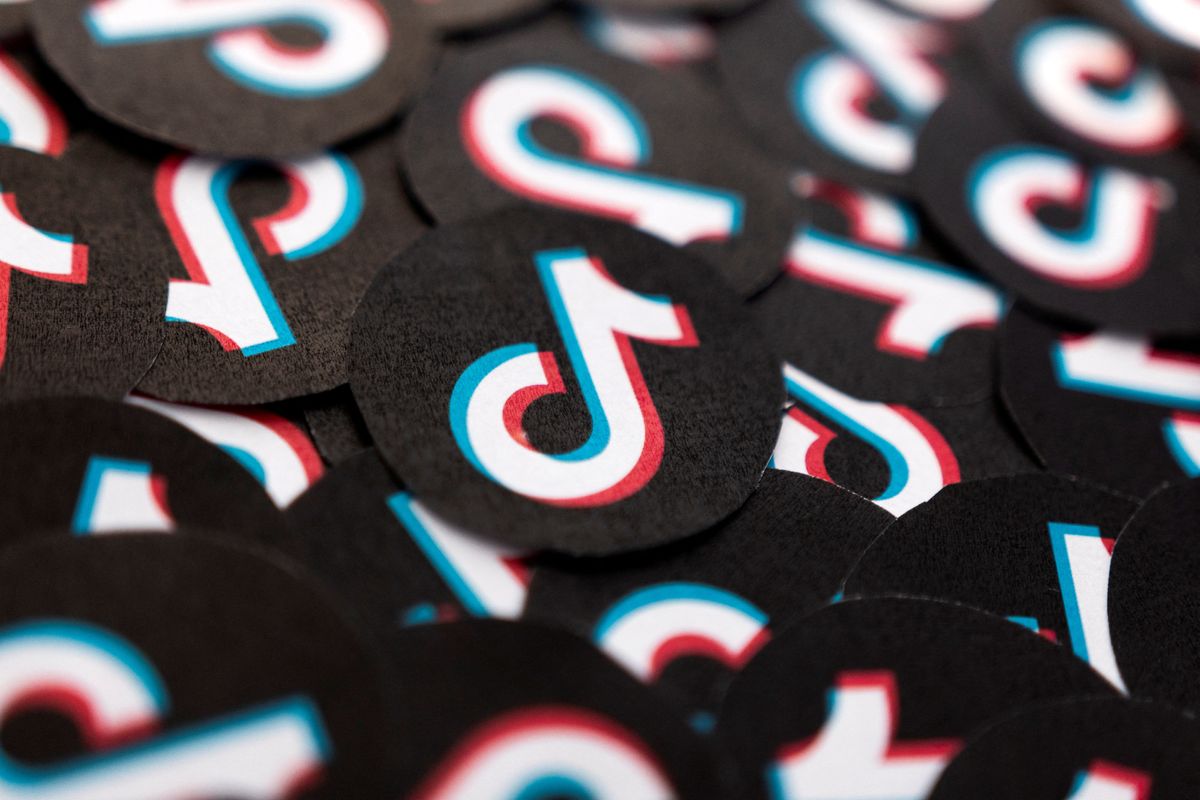Indonesia's new regulations hit TikTok's e-commerce ventures
TikTok is now required to split its payments away from its shopping features in Indonesia.

A few minutes every morning is all you need.
Stay up to date on the world's Headlines and Human Stories. It's fun, it's factual, it's fluff-free.
The backstory: TikTok, the social media sensation, is not just a place for viral dances and funny videos. It's also a growing player in the e-commerce scene. The platform first launched TikTok Shop in 2021 as an online marketplace where local sellers can offer their products to TikTok users in specific regions. It’s particularly eyeing the US e-commerce market – it started testing the platform on a limited basis last November and rolled it out earlier this month – and also plans to invest billions in Southeast Asia in the coming years.
Southeast Asia is a powerhouse with over 630 million people, half of them under 30, making it one of TikTok's biggest user bases. In fact, it draws in over 325 million visitors every month.
More recently: E-commerce in the region rocked the charts last year, hitting nearly US$100 billion. According to consultancy firm Momentum Works, Indonesia was a big part of that, contributing a hefty US$52 billion. TikTok handled transactions worth US$4.4 billion across Southeast Asia in 2022, a big leap from US$600 million in 2021.
But it’s still behind Shopee, a major e-commerce player, which clocked in US$48 billion in regional sales last year, as per Momentum Works.
In July, Teten Masduki, the Indonesian Minister of Cooperatives and Small and Medium Enterprises (SMEs), started raising eyebrows about TikTok's influence on the local market. Masduki, known for his anti-corruption stance, basically accused TikTok of elbowing local players out of the game.
The development: Now, TikTok is required to split its payments away from its shopping features in Indonesia. New regulations have come out this week that bar social media platforms in the country from handling payments for online purchases. Interestingly, TikTok was the only one in Indonesia doing that. So, users who want to shop on TikTok will have to go to another app or website to actually make a purchase. The idea is to level the playing field for local companies that TikTok was gaining ground on.
Why is this such a big deal? TikTok was diving headfirst into e-commerce in the region, taking on big players like Sea Ltd., which owns Shopee, and GoTo Group. And Indonesia is a big part of its future investment strategy.
These new regulations created quite a stir in the market. Sea’s market value skyrocketed by a staggering US$3 billion as investors anticipated more customers thanks to these new rules. But TikTok isn't happy about this development. It argues that it's bad for innovation and hurts both sellers and buyers who rely on its platform.
Key comments:
“We're going to invest billions of dollars in Indonesia and Southeast Asia over the next few years," said TikTok CEO Shou Zi Chew at a forum it organized in Jakarta back in June.
“We deeply regret the government’s announcement, especially how it will impact the livelihoods of the six million sellers and nearly seven million affiliate creators who use TikTok Shop,” said TikTok’s statement sent to The Associated Press.
“We have high exposure for our products by using TikTok Shop,” said Muhammad Zidan, a merchant who uses TikTok Shop. “The government should find a win-win solution because we will also experience a lot of losses. ... The ban will have a huge impact on us.”




Comments ()